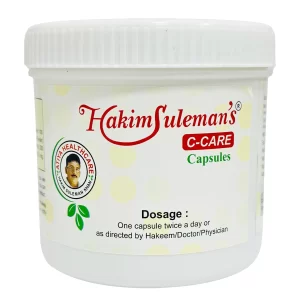Gynaecological problems are those which affect women. These problems are studied under the branch of Gynaecology and the medical professional who deals with these problems is called Gynaecologist. Most prevalent gynaecological problems are related to the female reproductive systems like vagina, uterus, ovaries, and breasts.
Symptoms
- Unusual vaginal bleeding and discharge
- Abnormal (excessive or less) bleeding during periods
- Bleeding between periods
- Frequent and urgent need to urinate or burning sensation during urination
- Painful intercourse
- Itching, burning, swelling, redness, or soreness in the vaginal area
Causes
- Polycystic ovary syndrome (PCOS)
- Post coital bleeding (PCB)
- Intra cavity/sub mucosal fibroids
- Cancer
- Fibroids
- Sexually transmitted infection
- Endometriosis
Prevention and Precautions
- Get annual gynaecological check-up
- Practice safe sex
- Eat a healthy diet
- Maintain a healthy body weight
- Do Kegel exercises to keep the pelvic muscles strong
- Regular work out
- Plan your pregnancy
- Take care of your vulva and vagina
Lifestyle and Dietary Tips
- Sex education
- Awareness about health issues
- Avoid late marriages and planning for family
- Avoid smoking, alcohol, and drugs
- Avoid mental stress
Foods for better gynaecological health:
- Whole Grains
- Red fruits and vegetables
- Soy and soy products
- Bananas
- Calcium
- Folic acid
- Iron
Home Remedies
- For menstrual cramps, take 250 ml water in a pan. Add 2 teaspoon black mustard powder and boil. Soak a cloth in this lukewarm water and put it on abdomen to make it warm.
- Drink 2 teaspoon Aloe Vera juice daily in morning to cure menstrual cramps.
- For menstrual cramps take 1 teaspoon honey in a bowl. Add a pinch of black pepper powder in it. Mix it well. Take it for 45 days in morning and evening.
Our Suggestion
Showing the single result

